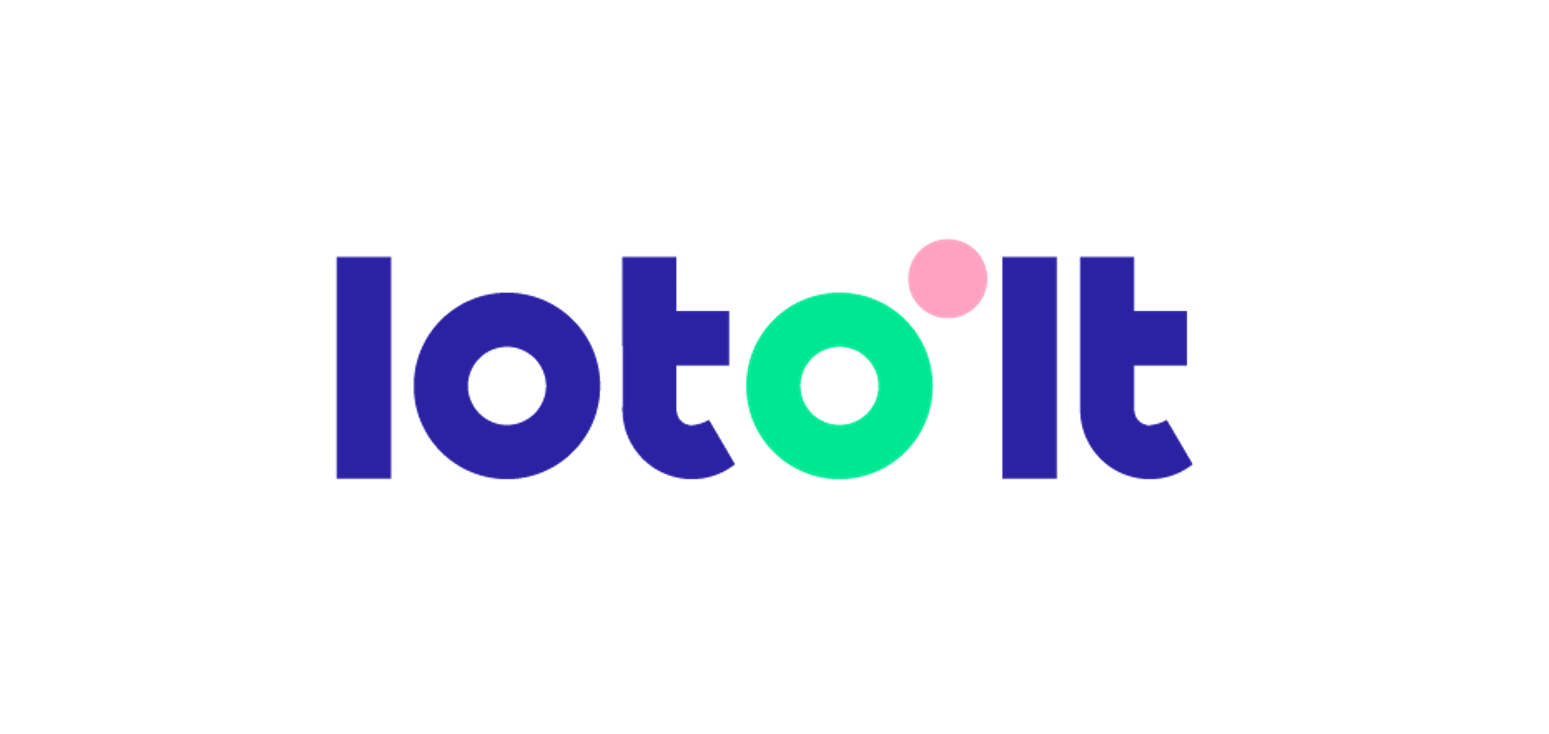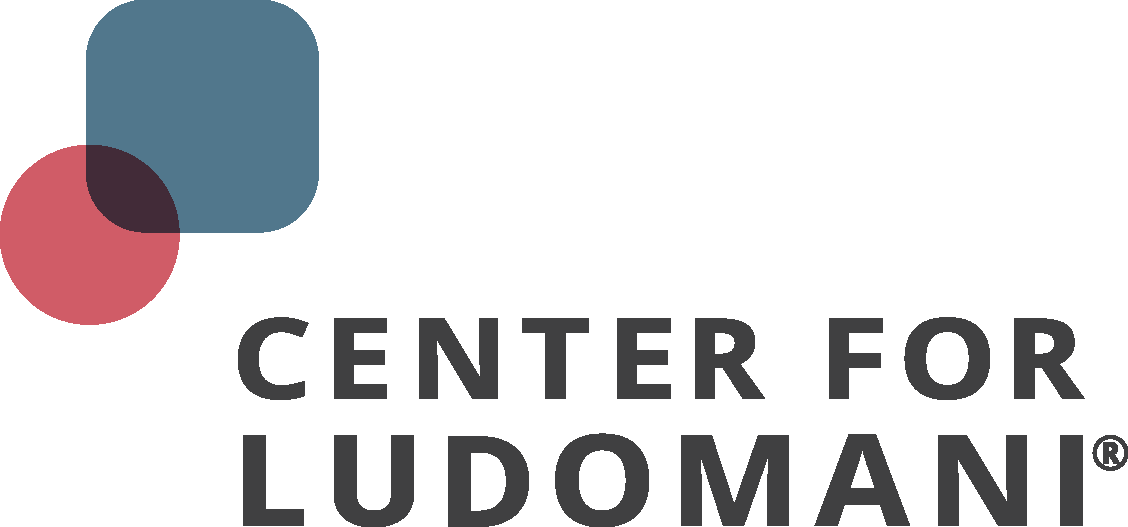Laravel
Laravel is a powerful, open-source PHP Framework that can be used to build a huge range of web applications. It contains a massive library of ready-made components, functions, and tools that make tasks like routing, error handling, sessions, and caching easier to implement, in order to develop tailor-made websites and apps with greater speed and efficiency.
As a PHP framework, its quick, highly functional, extensible, and cross-platform, and benefits from a large, passionate developer community that frequently creates excellent 3rd-party packages, tools, and plugins. It also makes use of Composer, a package dependency manager that allows you to include libraries into your application. Composer also keeps tracks of updates to your included libraries and makes sure you have the most up to date version. It provides an effortless way to not only make use of the wealth of ready-made tools at your disposal but to future-proof your application as well.
WHY CHOOSE LARAVEL?
Laravel was built by whittling Symfony, a larger and more-established PHP framework, down to just the best parts, and doing away with the clunkier, less essential ones. The result is a lighter, more flexible, and easier-to-use framework – so it's understandable that Laravel has emerged as the most widely used PHP framework amongst developers.
In summary:
- MVC Pattern
- Performant Sites and Applications
- URL Routing
- Error and Exception Handling
- Secure Sites and Apps
MVC PATTERN
One of major benefits offered by Laravel is that it's based on a Model-View-Controller (MVC) architectural pattern. This is an effective method of designing and implementing an application to effectively separate business logic code, what’s happening in the back-end of an application, and presentation code, which defines what the user sees on-screen.
An MVC operates using a Controller, the ‘C’ in MVC, which sits between the Model (M), which is the application’s data model, and the View (V), which determines what’s presented to the user. When a user makes a request through the View layer, it communicates with the Controller, which passes it on to the Model. The model is then queried and the results are returned to the controller, which sends it back to the view for the user. Designing a site or application in this way makes it easier to develop its different parts separately, which allows for faster and more flexible maintenance and development.
It also allows Laravel to emphasize what it refers to as elegant code, the practice of optimizing code to be as clear and well-organized as possible. This also makes it far easier to maintain and further develop, which results in a consistently better-performing app over the long-term.
PERFORMANT SITES AND APPLICATIONS
The first major benefit of building sites and apps with Laravel is that they’ll be fast, as it offers a number of in-built features for ensuring better performance. For example: it has multiple caching options, which allow you to store the most common or time-consuming requests in the application’s file system, using its file cache driver, so they’re returned to the user in less time. This is especially useful when an application receives complicated database queries, which can place a strain on system resources and result in slower loading times. Laravel features integration APIs for some of the most widely used cache backends such as Memcached.
The end result is a more performant website or app, with faster loader times. Considering that around 50% of visitors will leave a site if it fails to load within 3 seconds, before moving on, it literally pays to be faster than your competition. You’ll convert a larger percentage of visitors into customers, which translates into greater profits.
URL ROUTING
Developing with Laravel also results in an overall better experience for each visitor. The first example of a feature that helps to achieve this is its URL routing capabilities. It allows you to route user requests to the most suitable controller, which grants you greater control over where you send visitors and what they see.
SECURE SITES AND APPS
Laravel helps to create secure sites and apps, with a number of in-built features designed to protect them from cyber threats. This includes advanced authorization logic for login systems, data encryption, and other measures to safeguard against SQL injection, cross-site scripting, cross-site request forgery, and other common hacking vulnerabilities.
ERROR AND EXCEPTION HANDLING
This is backed up by its excellent error and exception handling, which are already configured by default. Similar to routing, this gives you control over what visitors see, though, in this case, in the event of error. Instead of seeing a confusing error message, you control the message they are presented, and where they are re-routed to. Nothing erodes trust in a company faster than a website that appears to be broken so with better exception handling, you’ll be better able to retain visitors.
LARAVEL AND FRONTIT
Our developers make excellent use of PHP’s powerful capabilities and extensive 3rd-party support to create powerful performant websites and applications. We can help you to:
- Create fast full-stack applications
- Redesign an existing application to make it more performant and easier to update
- Create custom components for existing sites and applications
WHY CHOOSE US?
We know how to use Laravel to developing fast, performant, stable web applications. By utilizing it to develop apps that conform to a MVC architecture, we’re able to create apps with an organized codebase that’s easier to maintain and develop further. Plus, with a PHP framework, you benefit from a wealth of tried and tested out-of-the-box components that cut down on development time, and, better still, as a result, development costs.


